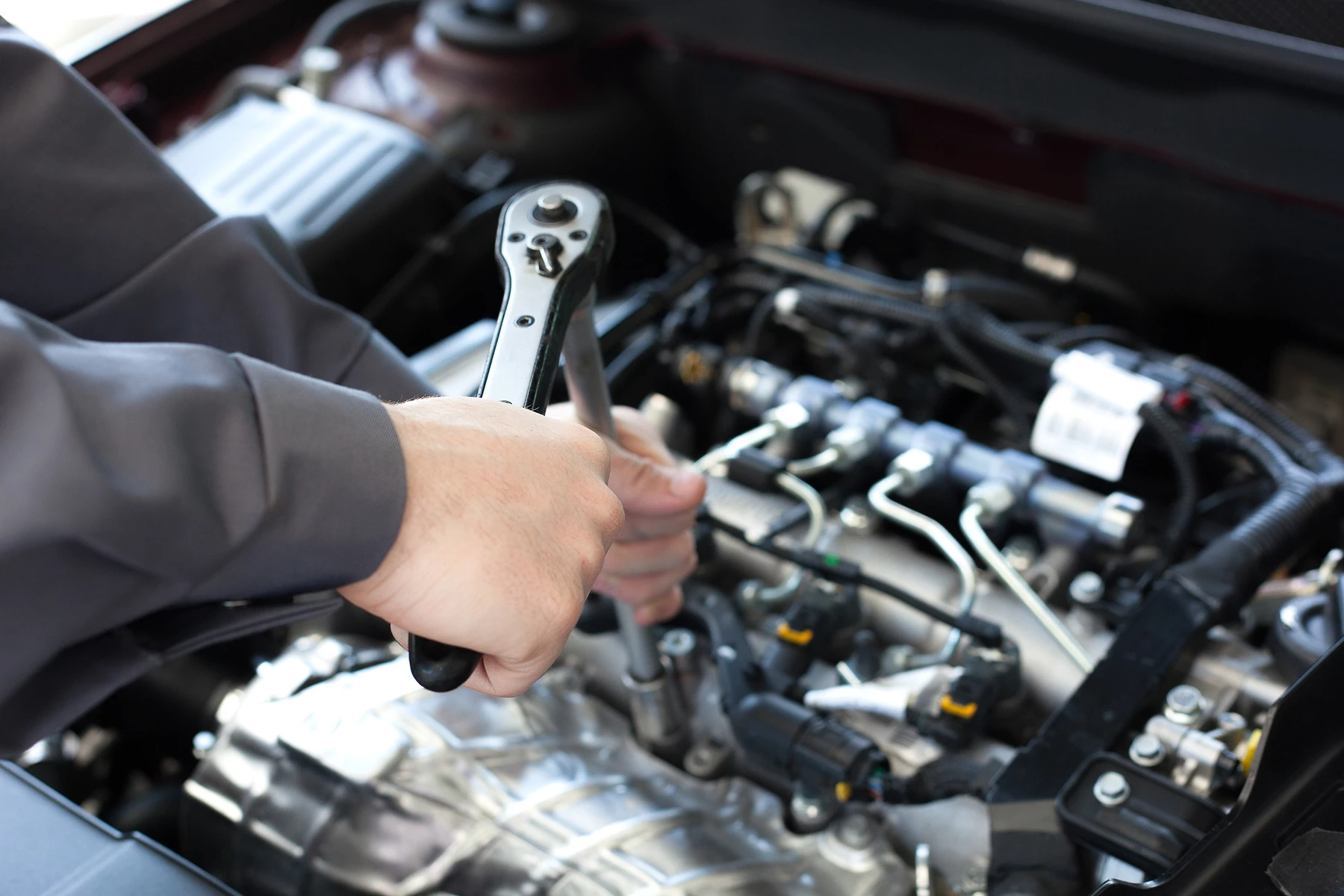
Introduction
Car mechanic play a pivotal role in keeping vehicles running smoothly. They are the experts who diagnose, repair, and maintain automobiles, ensuring they function optimally. This comprehensive guide delves into the intricate world of car mechanics, exploring their responsibilities, skills, and the evolving landscape of automotive technology.
- Evolution of Car Mechanics
- Historical Perspective
- Early days of automotive repair: From rudimentary tools to specialized techniques.
- Growth of the automotive industry: How the demand for car mechanics surged with the rise in automobile ownership.
- Technological Advancements
- Impact of technology on car mechanics: From carburetors to fuel injection systems, and beyond.
- The integration of electronics: How modern vehicles rely on complex computer systems, altering the mechanic’s role.
- Roles and Responsibilities
- Diagnostic Skills
- Identifying car problems: From strange noises to dashboard warning lights.
- Utilizing diagnostic tools: OBD scanners, multimeters, and other equipment.
- Repair and Maintenance
- Engine repairs: Overhauls, timing belt replacements, and addressing oil leaks.
- Brake and suspension systems: Inspections, repairs, and upgrades.
- Electrical system troubleshooting: Fixing wiring issues, replacing fuses, and repairing lighting systems.
- Preventive Maintenance
- Importance of regular servicing: Oil changes, filter replacements, and fluid checks.
- Scheduled maintenance tasks: Timing belt changes, coolant flushes, and tire rotations.
- Essential Skills and Qualifications
- Technical Proficiency
- Mechanical aptitude: Understanding the intricacies of engines, transmissions, and other car components.
- Proficiency in using tools: Wrenches, socket sets, diagnostic equipment, and specialized tools.
- Problem-Solving Abilities
- Analytical skills: Assessing symptoms, diagnosing issues, and formulating repair strategies.
- Creativity in problem-solving: Finding innovative solutions to complex automotive problems.
- Communication Skills
- Client interaction: Explaining diagnoses, repair procedures, and maintenance recommendations.
- Collaboration with colleagues: Working efficiently in a team environment.
- Continuous Learning
- Keeping pace with technological advancements: Training programs, workshops, and certifications.
- Staying updated on industry trends: Subscribing to automotive publications, forums, and online resources.
- Challenges and Opportunities
- Technological Complexity
- Learning curve: Adapting to advancements in automotive technology.
- Investment in training and equipment: Ensuring car mechanics remain competent in a rapidly evolving field.
- Environmental Concerns
- Sustainability initiatives: Embracing eco-friendly practices in automotive repair and maintenance.
- Recycling and disposal of automotive waste: Responsibly managing oil, batteries, and other hazardous materials.
- Consumer Expectations
- Demand for transparency: Providing detailed explanations and estimates for repairs and services.
- Quality assurance: Delivering reliable repairs and standing behind the workmanship.
- Future Trends in Car Mechanics
- Electrification and Hybridization
- Rise of electric vehicles (EVs): Implications for car mechanics in terms of training and expertise.
- Hybrid vehicle maintenance: Navigating the unique challenges posed by dual-powertrain systems.
- Autonomous Driving Technology
- Impact on maintenance routines: Addressing the specific needs of self-driving cars.
- Diagnosing and repairing advanced driver-assistance systems (ADAS): Cameras, sensors, and radar systems.
- Data-Driven Maintenance
- Predictive analytics: Leveraging vehicle data to anticipate maintenance needs and prevent breakdowns.
- Remote diagnostics: Conducting preliminary assessments using telematics and IoT devices.
Conclusion
Car mechanics are the unsung heroes of the automotive industry, ensuring that vehicles remain safe, reliable, and efficient. As technology continues to advance and consumer expectations evolve, the role of car mechanics will undoubtedly undergo further transformations. However, with a commitment to continuous learning and adaptability, car mechanics will remain indispensable in keeping the wheels of society turning.
